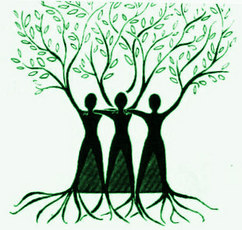 Bangalore, Jan 16: Chief Minister Jagadish Shettar on Tuesday inaugurated a unique "Women's Empowerment Centre" in Bangalore. The centre, opened at Malleshwaram, in heart of the city, is being operated by the Karnataka State Open University (KSOU), a pioneer in distance education. It is expected to enroll over 25,000 women for a variety of courses being offered at the Centre.
Bangalore, Jan 16: Chief Minister Jagadish Shettar on Tuesday inaugurated a unique "Women's Empowerment Centre" in Bangalore. The centre, opened at Malleshwaram, in heart of the city, is being operated by the Karnataka State Open University (KSOU), a pioneer in distance education. It is expected to enroll over 25,000 women for a variety of courses being offered at the Centre.
Speaking on the occasion Shettar said with special focus on women, the Centre will go a long way in helping working women and others in similar condition to achieve their academic aspirations. Officials with the KSOU said the Centre will focus on women's safety, better sanitation, varied educational choices, fitness/well being and finally employment opportunities. Face to Face program, KG to PG concept and dedicated impetus to female child and her life are added features at the Centre, said a senior official from the University.
Noted professors from the University along with educational dignitaries participated in the program.
Planning for this centre started about four years ago and the facility is spread across 50,000 square feet of additional infrastructure including Classrooms, Computer Laboratories, Open areas and open auditorium, Restrooms, Dining Hall with subsidized rates, nutritious food, Teachers rooms, Library, Meeting Halls. Existing students of about 2,400 in strength have also been accommodated.




Comments
Add new comment